It’s imperative that you take good care of your baby’s sensitive skin as a new parent. Because of their sensitivity, their skin requires extra care to stay hydrated, smooth, and free of typical problems. We’ll offer professional advice and the finest techniques for preserving your child’s skin health in this extensive guide.
Table of Contents
- Sun Protection
- Managing Dry Skin for Baby Skincare
- Bathing Basics
- Cradle Cap Care
- Avoiding Contact Dermatitis
- Nail Care
- Preventing Heat Rash
- Umbilical Cord Care
- Conclusion: Nurturing Your Baby’s Skin
- FAQs
Sun Protection
Babies have delicate skin that is highly susceptible to sun damage. Follow these guidelines to protect your little one from harmful UV rays:
Keep Your Baby Out of the Sun
- Limit sun exposure, especially between 10 a.m. and 4 p.m.
- Dress your baby in loose-fitting, lightweight clothing that covers their arms and legs.
- Use a hat that shields the neck and ears.
Hydration Matters
- Breast Milk or Formula: Ensure your baby stays hydrated by offering breast milk or formula during outdoor outings. Proper hydration helps maintain skin elasticity and prevents dryness.
- Monitor Urination: Pay attention to your baby’s diaper changes. Frequent wet diapers indicate proper hydration. If you notice decreased urine output, consult your pediatrician.
- Room Humidity: Maintain a comfortable room humidity level. Dry air can lead to skin dryness. Use a humidifier if necessary, especially during colder months.
- Avoid Over-Bathing: While baths are essential, excessive bathing can strip the skin of natural oils. Stick to gentle, lukewarm baths and avoid harsh soaps.
Remember, a well-hydrated baby is more likely to have soft, supple skin. 😊
Managing Dry Skin
Dry skin is common in newborns. Here’s how to address it:
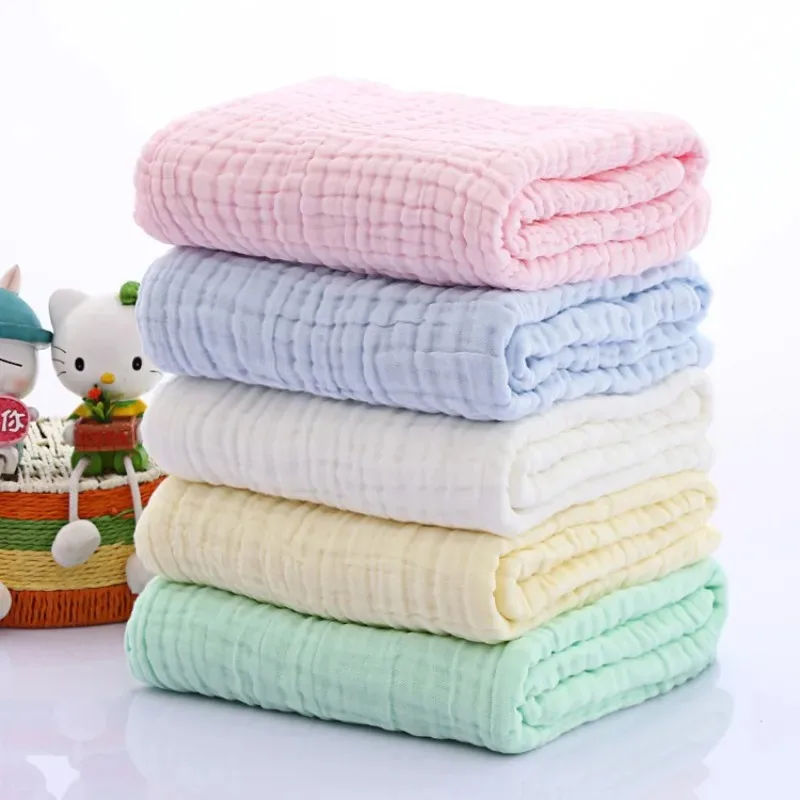

Natural Moisturizers
Small patches of dry skin often resolve on their own without additional moisturizers.
If needed, apply petroleum jelly-based products or fragrance-free, dye-free moisturizing lotions.
Bathing Basics
Proper bathing practices are crucial for maintaining healthy skin:
Frequency
- Regular baths are essential, but daily bathing isn’t necessary.
- Use a soft washcloth and lukewarm water for gentle cleaning.
After Bathing
- Pat your baby dry before dressing them.
- Avoid harsh soaps and fragrances.
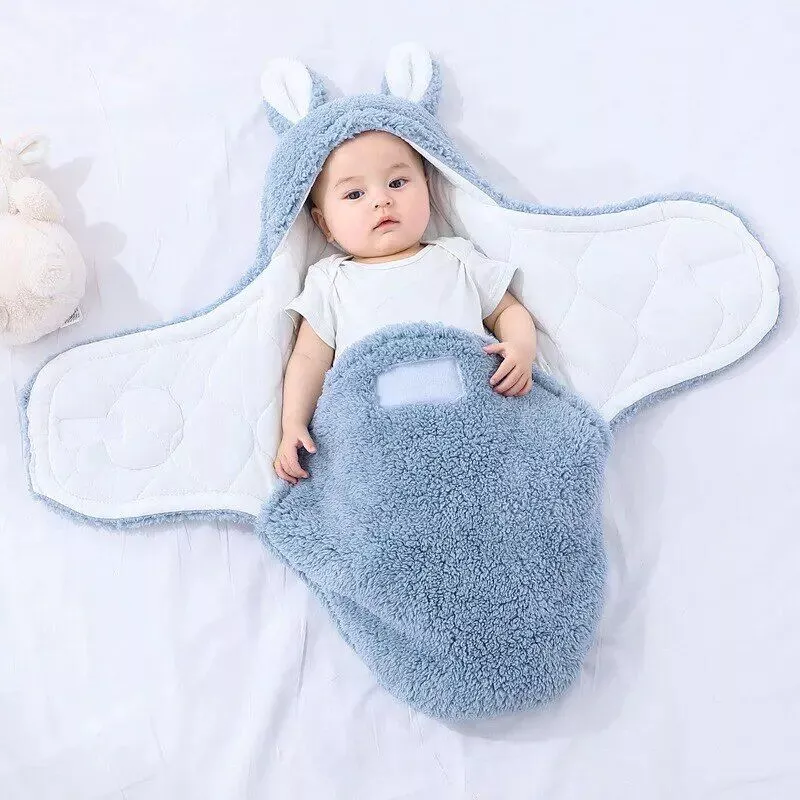

Cradle Cap Care
Cradle caps, characterized by flaky patches on the scalp, are common in infants. Here’s how to manage it:
Gentle Scalp Care
- Use fragrance- and dye-free baby shampoo.
- Gently brush the scalp to remove scales.
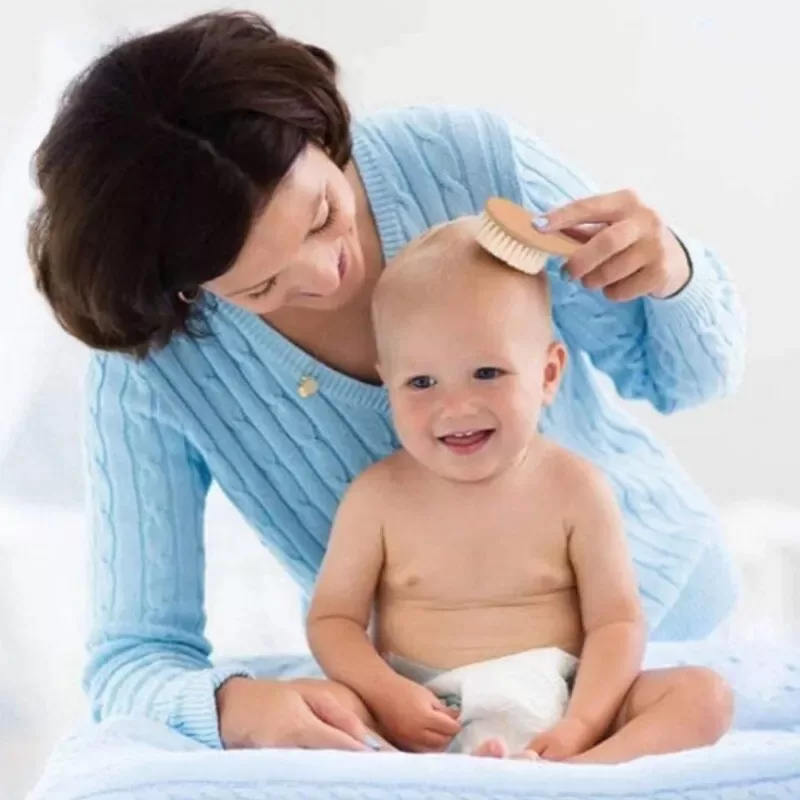

Avoiding Contact Dermatitis
Contact dermatitis can result from irritants or allergens. Prevent it by:
Clothing Choices For Baby Skincare
- Dress your baby in soft, breathable fabrics like cotton.
- Avoid rough materials such as wool.
Nail Care
Trimming your baby’s nails is essential to prevent scratches:
Safety First
- Use baby-safe nail clippers.
- Trim nails when your baby is calm and still.
Preventing Heat Rash
Heat rash occurs when sweat glands become blocked. Keep your baby cool:
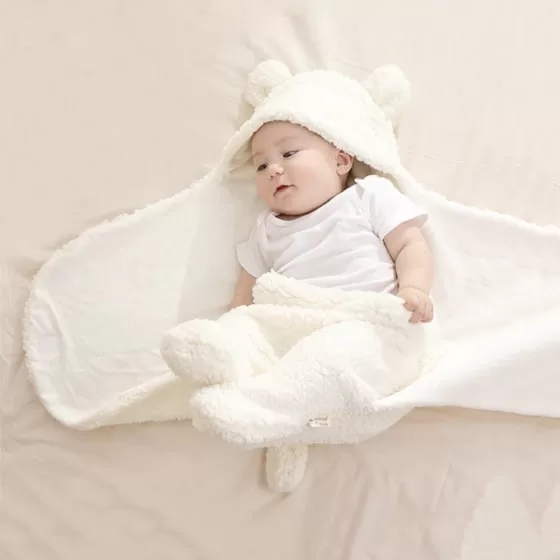
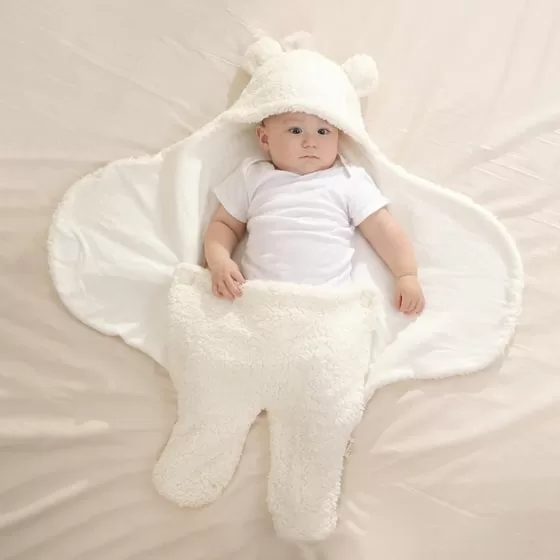
Dressing Tips
- Opt for loose-fitting clothes.
- Avoid overdressing.
Umbilical Cord Care
Proper care of the umbilical cord stump is crucial:
Keep It Clean
- Gently clean the area with a cotton swab dipped in warm water.
- Allow it to air-dry.
Conclusion: Nurturing Your Baby’s Skin
Taking care of your baby’s skin involves simple yet essential steps. Remember that each baby is unique, so observe their skin and adjust your routine accordingly. By following these guidelines, you’ll help keep your little one’s skin soft, healthy, and radiant.
FAQs about Baby Skincare
Q1: Can I use sunscreen on my baby?
- Sunscreen is not recommended for infants under 6 months old. Keep them in the shade and dress them appropriately.
- Older children can use sunscreen with an SPF of at least 15.
Q2: What if my baby has eczema?
Eczema is common in babies and can cause dry, itchy skin. Follow these steps:
- Moisturize frequently: Use fragrance-free, hypoallergenic moisturizers to keep the skin hydrated.
- Avoid irritants: Choose gentle, unscented products for bathing and laundry.
- Consult a pediatrician: If eczema persists or worsens, seek professional advice.
Q3: How do I handle diaper rash?
Diaper rash is common due to prolonged exposure to wetness. Here’s what you can do:
- Change diapers frequently: Keep the diaper area clean and dry.
- Use a barrier cream: Apply a thin layer of zinc oxide or petroleum jelly to protect the skin.
- Let the area breathe: Give your baby some diaper-free time to allow the skin to heal.
Q4: Are baby wipes safe for sensitive skin?
- Choose fragrance-free, alcohol-free wipes specifically designed for babies.
- Look for wipes with minimal ingredients to reduce the risk of irritation.
Q5: How can I prevent baby acne?
Baby acne is common and usually harmless. Follow these tips:
- Avoid harsh products: Stick to mild baby soap and water for cleansing.
- Gently pat dry: Avoid rubbing the affected areas.
- Time heals: Baby acne typically resolves on its own within a few weeks.
Remember, every baby is unique, and their skin may react differently. Always consult your pediatrician if you have concerns about your baby’s skin health. 🌟




